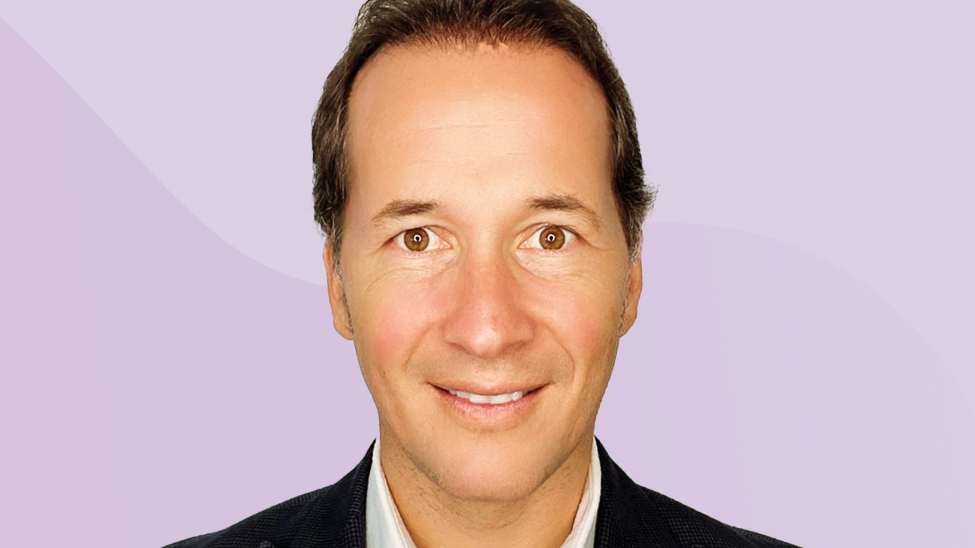Healthcare and life sciences organizations are continuously striving to improve operational efficiency, leveraging digital transformation and cloud-based technologies to enhance productivity and security while advancing patient care.
According to Agustin Nolte from Microsoft, cloud technologies play a crucial role in enabling personalized healthcare, boosting workforce productivity, and ensuring robust security for patient data.
Harnessing Data for Enhanced Healthcare Services
The integration of telemedicine has revolutionized healthcare delivery by allowing healthcare professionals to remotely attend to patients. Through remote patient monitoring systems powered by the Internet of Things (IoT), patient data can be efficiently collected outside traditional healthcare settings. This approach not only eliminates unnecessary visits to healthcare facilities for patients but also enables healthcare providers to cater to a larger number of individuals. By utilizing sensors embedded in medical devices worn by patients, healthcare providers can gather data which is then analyzed by cloud-based systems to optimize the speed and quality of care provided.
Moreover, IoT has facilitated the establishment of ‘smart labs’ that offer real-time monitoring and measurement tools within laboratory settings. These smart labs are instrumental in clinical trials for developing new treatments. By centralizing clinical data through cloud-based systems, the management of trials becomes more streamlined, enhancing collaboration and accelerating insights.
The analysis of vast amounts of stored clinical data empowers clinicians to identify disease trends swiftly and predict high-risk patients efficiently. This data not only aids in increasing productivity and optimizing clinical resource allocation but also contributes to cost reduction.
Artificial intelligence has also revolutionized remote patient monitoring and telemedicine. For instance, Nuance Dragon Ambient eXperience (DAX), supported by Microsoft Cloud for Healthcare, utilizes AI to accurately and efficiently document patient encounters in real-time. DAX Copilot, as described by Nuance, transforms physicians’ verbal inputs into a potent productivity tool, reducing time spent on clinical note documentation and allowing healthcare providers to focus more on patient care. Teladoc Health and other healthcare entities utilize this technology to automate clinical documentation during virtual examinations, alleviating the administrative burden on staff.

Healthcare providers utilize Nuance DAX for recording patient appointments (image credit: Nuance)
Ensuring Robust Healthcare Security
In the realm of healthcare, cybersecurity and risk management have become paramount. With the proliferation of IoT devices transmitting sensitive medical data online, healthcare organizations must prioritize data privacy, access control, and threat detection. Encrypted messaging platforms facilitate secure communication between patients and providers, ensuring compliance with regulations.
Microsoft’s cloud solutions bolster security by adhering to stringent regulations like the Health Insurance Portability and Accountability Act and the European General Data Protection Regulation. Azure’s robust security features, including advanced threat detection and encryption, provide a secure environment for critical data such as clinical research, intellectual property, and patient records. Partners like Commvault and Hitachi Solutions collaborate with Microsoft to enable organizations to safeguard data and ensure readiness for recovery in the event of a security breach. Additionally, Sapphire Health has developed an electronic health record platform integrated with Azure, offering secure backup and clustered servers essential for maintaining scalable and uninterrupted healthcare operations.
In essence, cloud technologies play a pivotal role in revolutionizing healthcare by enabling personalized services, enhancing workforce efficiency, and fortifying patient data security. The reliability, availability, and security of cloud platforms like Azure align seamlessly with the evolving needs of the healthcare and life sciences sector.
